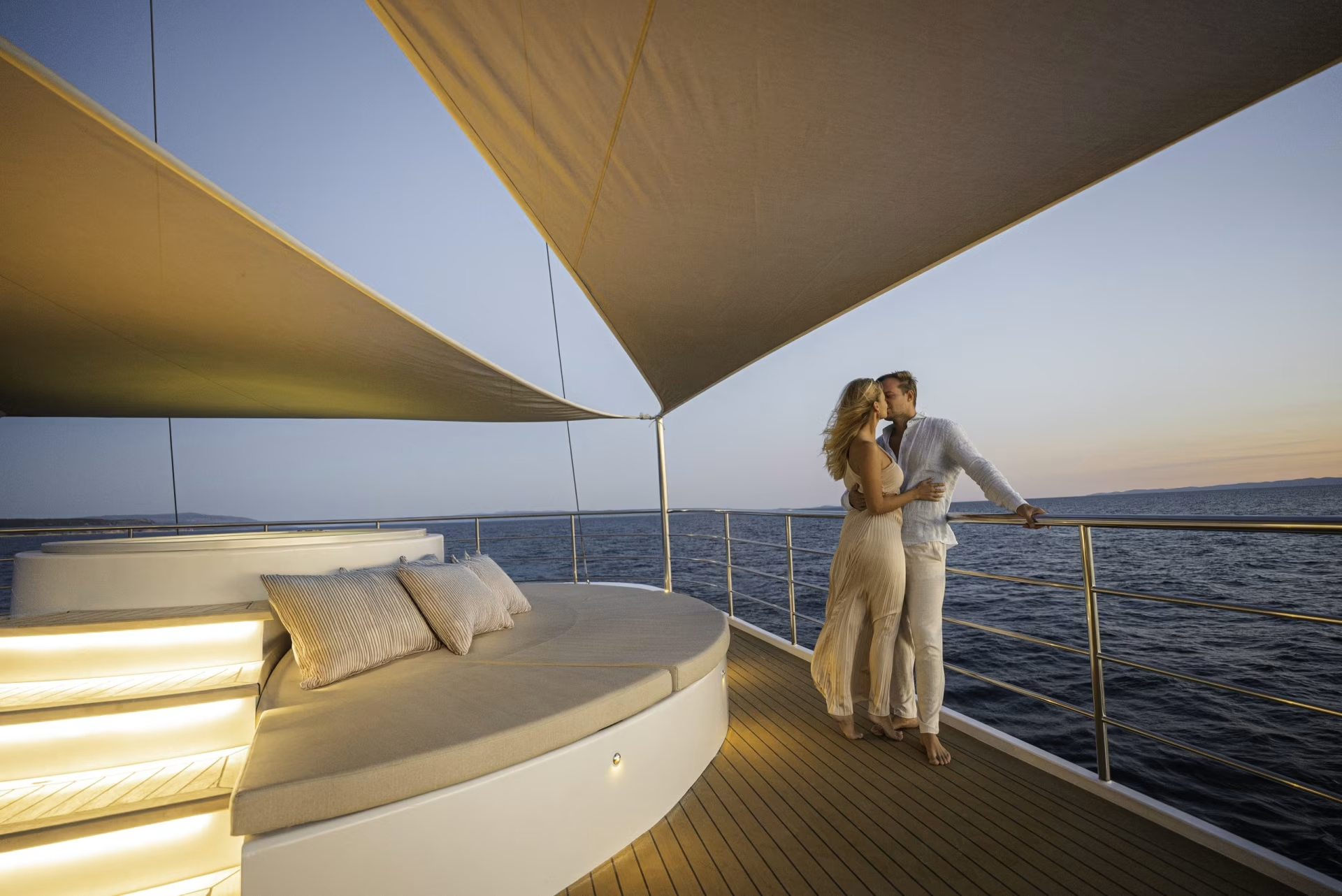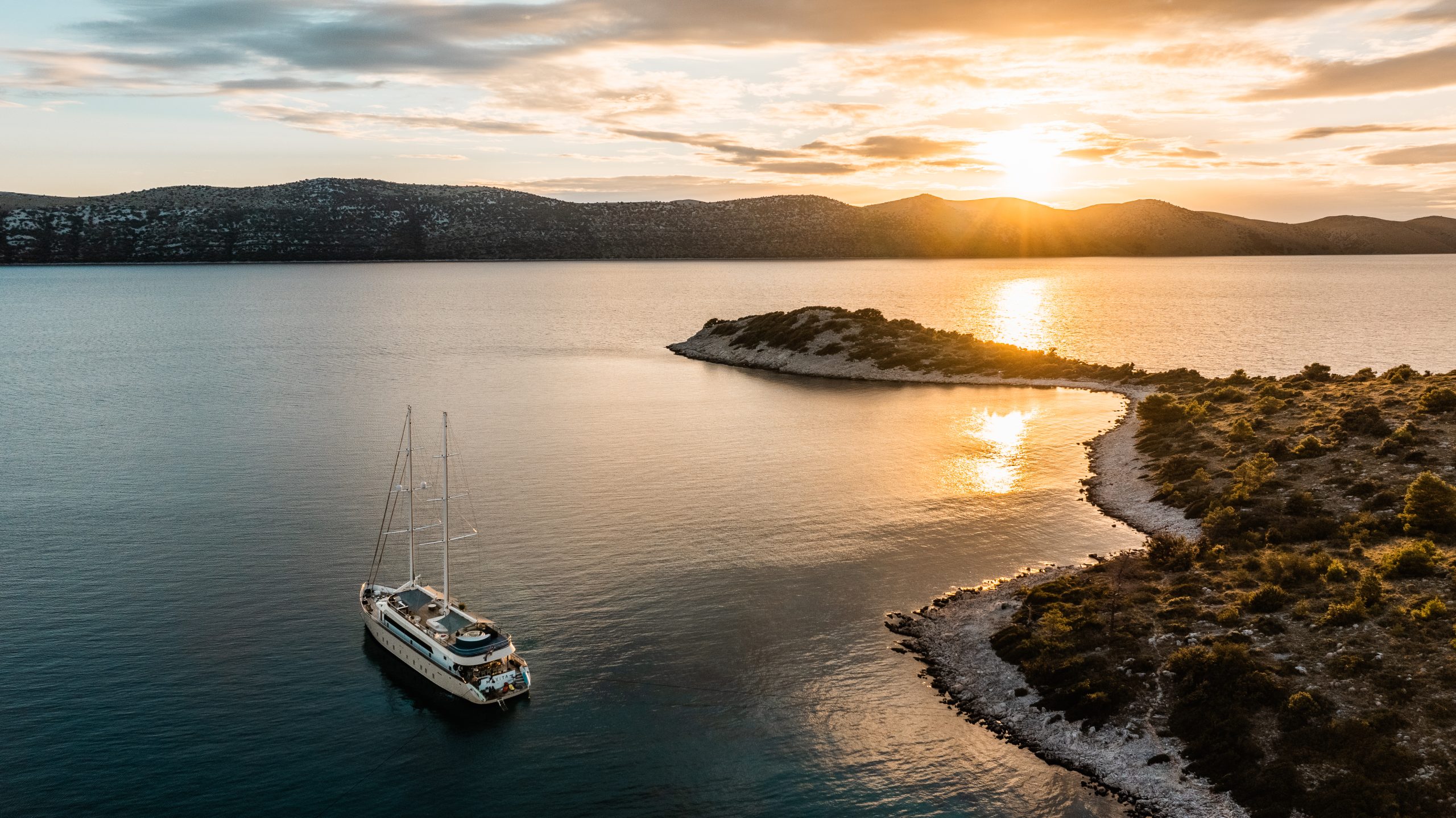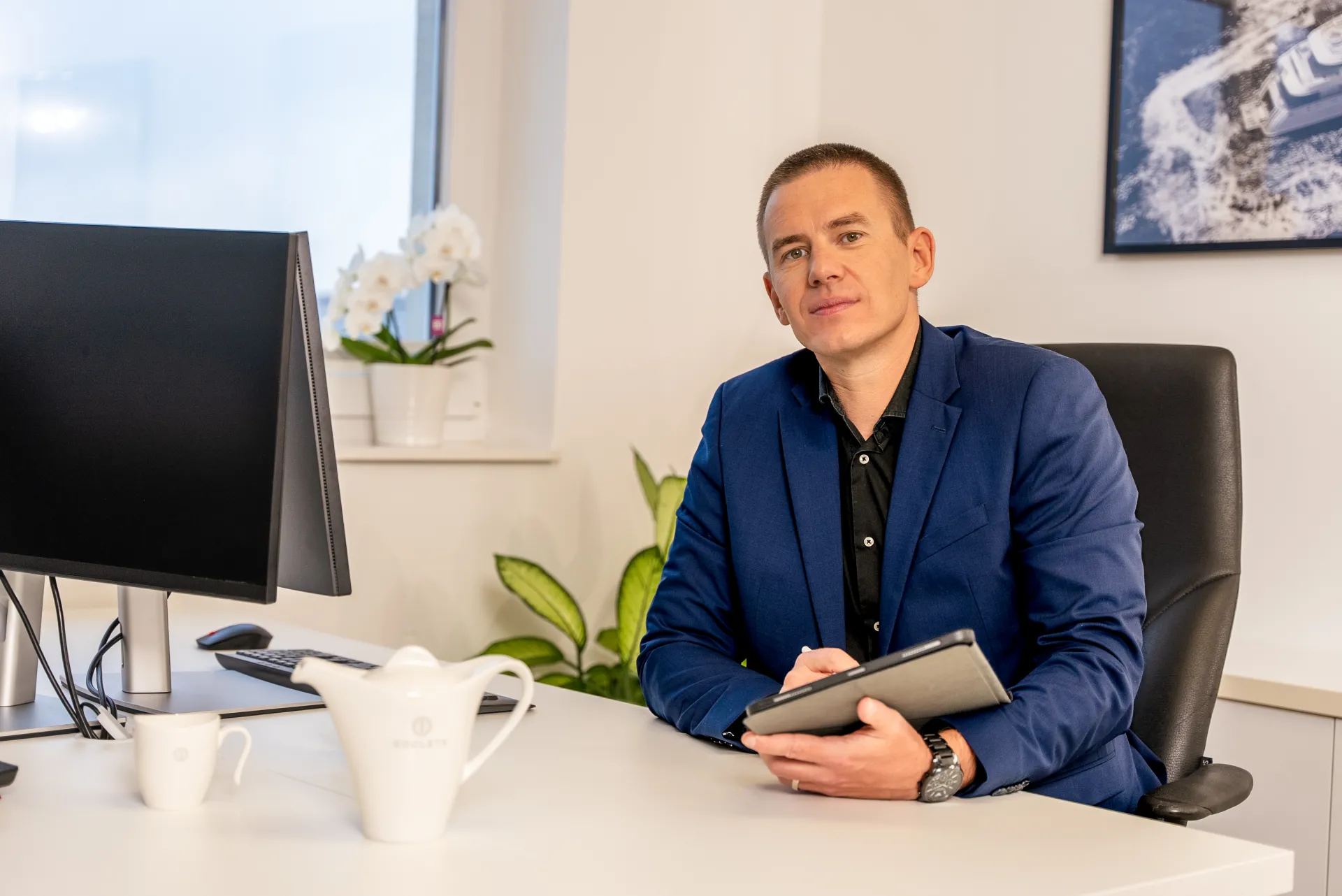
Difference between a “Cruising” and a “Yachting” Holiday
So, you’ve decided to give mini cruisers in Croatia a try. I think this is a great idea, as these vessels are really unique. Cabins and bathrooms equal those of 5-star hotels, the food is amazing, and the locations you will visit will impress you every day.
There is a vast difference, however, when renting these vessels and going on a cruise or chartering a yacht.
This post will explain the main differences between each and why this matters a lot.
Your overall holiday experience will be completely different (even if you book the same vessel), and there is a Yachting Broker handling your inquiry regarding a Cruising agent.
But before I explain the difference between the two concepts, I need to acknowledge one thing!
Owners of these ships are all amazing people, and the vessels they operate are “unique” in the World.
Most owners of these ships are people who give their heart and soul to them. For them, it is not just a business; it is a way of life. It is a project where several generations of family work together to make sure everything is perfect.
In Croatia, Mini Cruisers business has a lot of history and a lot of times, 3 generations of the family are working together to make clients happy.
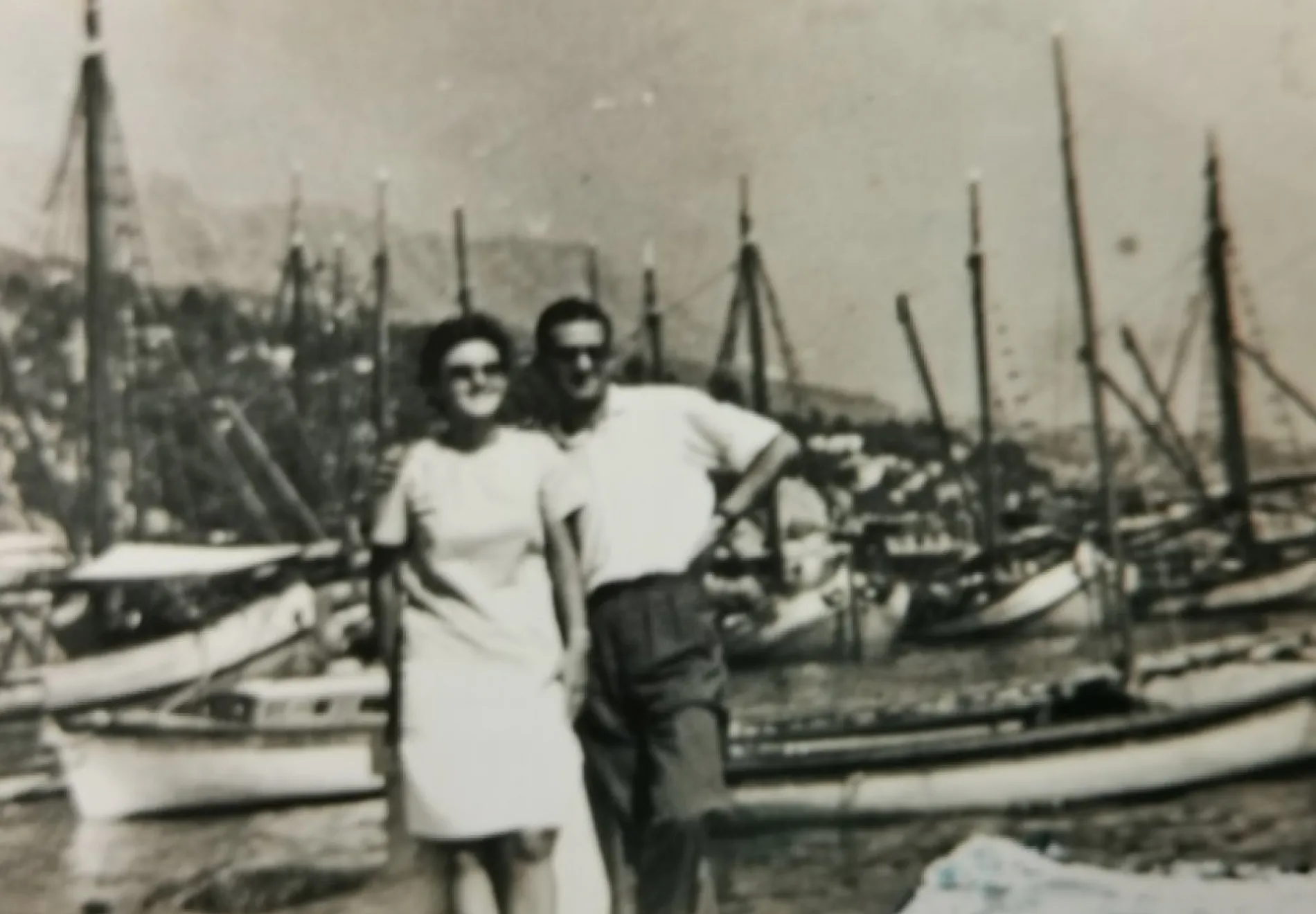
The grandfather started it all 40 years ago and makes sure the youngsters never forget the struggles they had to go through to get here. He teaches his grandchildren to be more grateful, continues working hard, and appreciates what they have.
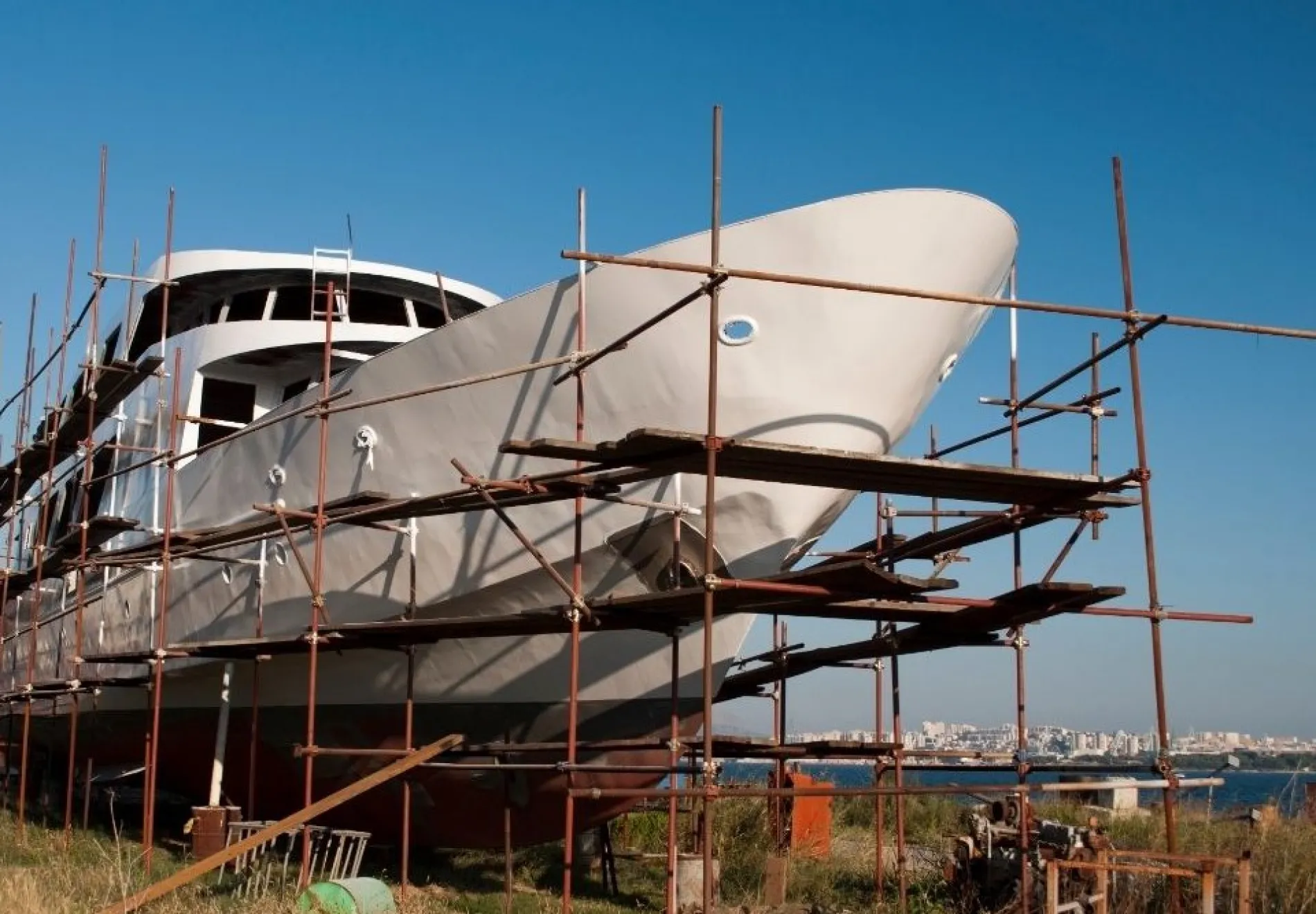
The father took the business over and managed to build the first larger steel vessel. He even managed to build a fleet of these and made sure the business truly took off.
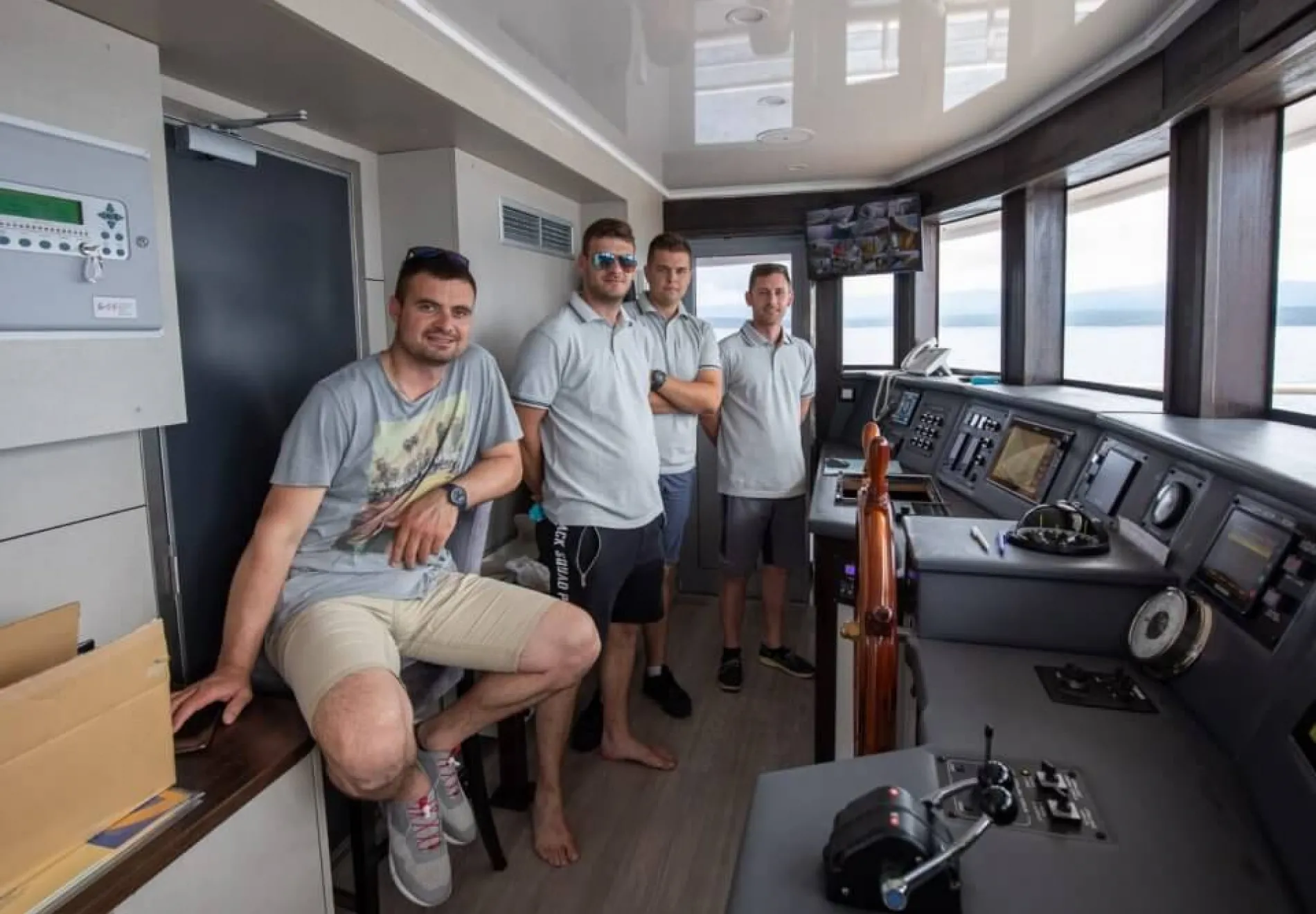
And the grandchildren are doing all sorts of work in the company. Some are into logistics, while others are sailors or already captains. They all help in the maintenance, and they learn to grow the business even further.
A lot of pride and hard work go into these ships, and clients notice this from the first moment they arrive.
With that being said, most of these ships operated under contracts with large tour operators, where they had luxury cabin charter cruises. This is wonderful, but the business model is completely different, where ships are chartered to closed groups weekly.
In this post, I will explain the main differences. One model is not superior to the other, as both have their pros and cons – they are just different, and it is important to understand these differences.
Itinerary in yachting or cruising
Cruising: When 40 people on board do not know each other and wish to experience Croatia at its best, giving them any flexibility in planning would be a suicide. When you go on a cruise, you book a “pre-determined” fixed tour, and the ship will stick to it 100%. Yachting: When you are a closed group of 40 friends, you book the vessel, and then you have all the flexibility to plan:- Where would you like to cruise
- What would you like to do there
- You can stay several days in one place or change locations on more than one occasion.
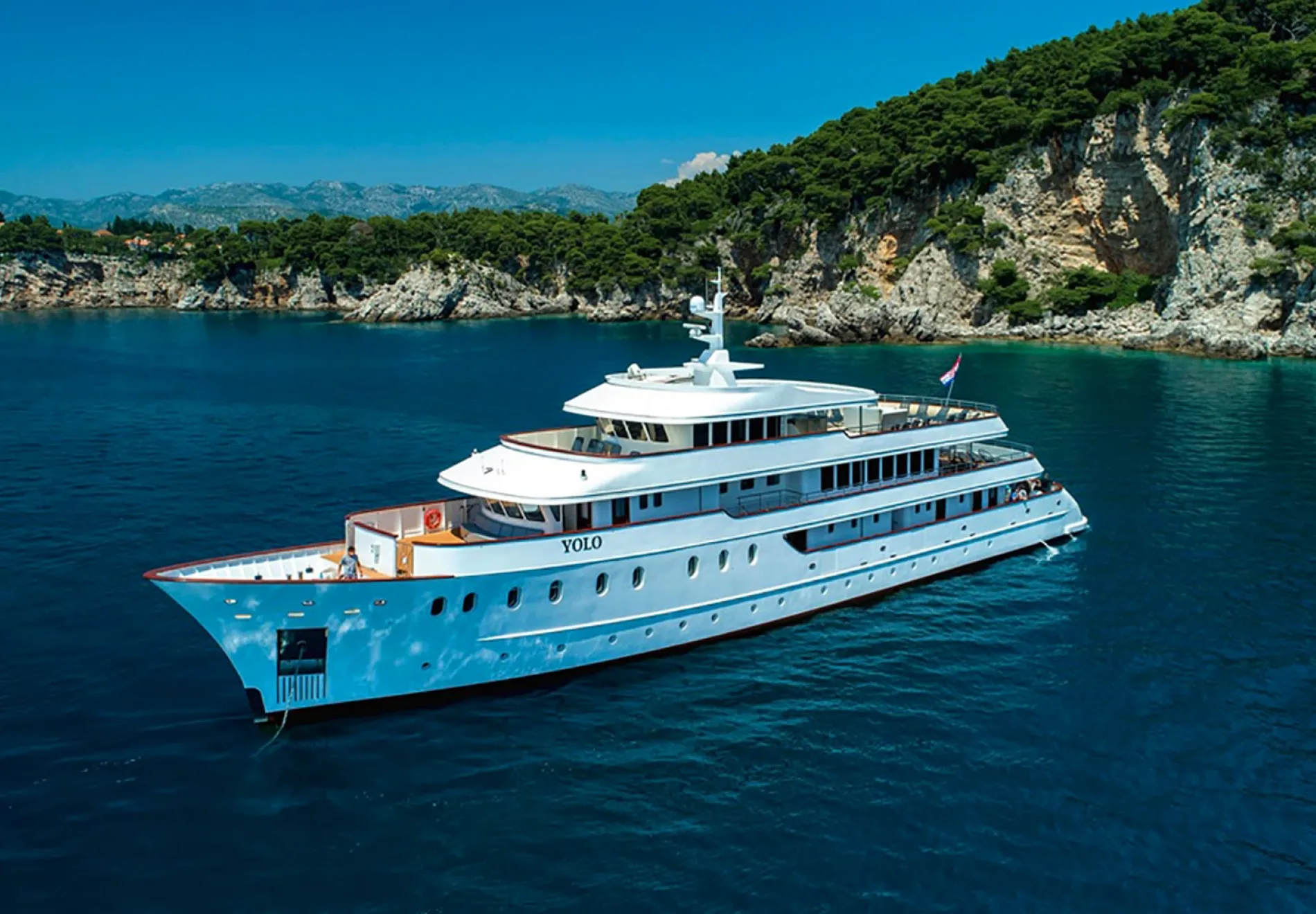
The challenge: When a shipowner is used to having a fixed itinerary from a tour operator agency, it is much harder for them to get into the mindset to give good advice, make changes inside the cruise itself, and have a different itinerary with every group. This is why it is vital you book a vessel where the owner (or captain) understands this and will give you flexibility in planning this out.
Staying on achor versus going to ports
Cruising: On these ships in Croatia, the standard for this on cabin charter programs is similar to 80% of the ships. You change a couple of locations for swimming or land trips during the day, and go to a port in the evening (or later afternoon) and stay there for the night. Yachting: One of the most amazing experiences is spending a night on anchor, away from the crowds, taking it easy, having a quiet dinner, and just relaxing. While on a cruise, the main emphasis could be sightseeing, but when people charter a yacht, the main emphasis is usually on swimming, relaxation, good food, water sports, and getting away from it all.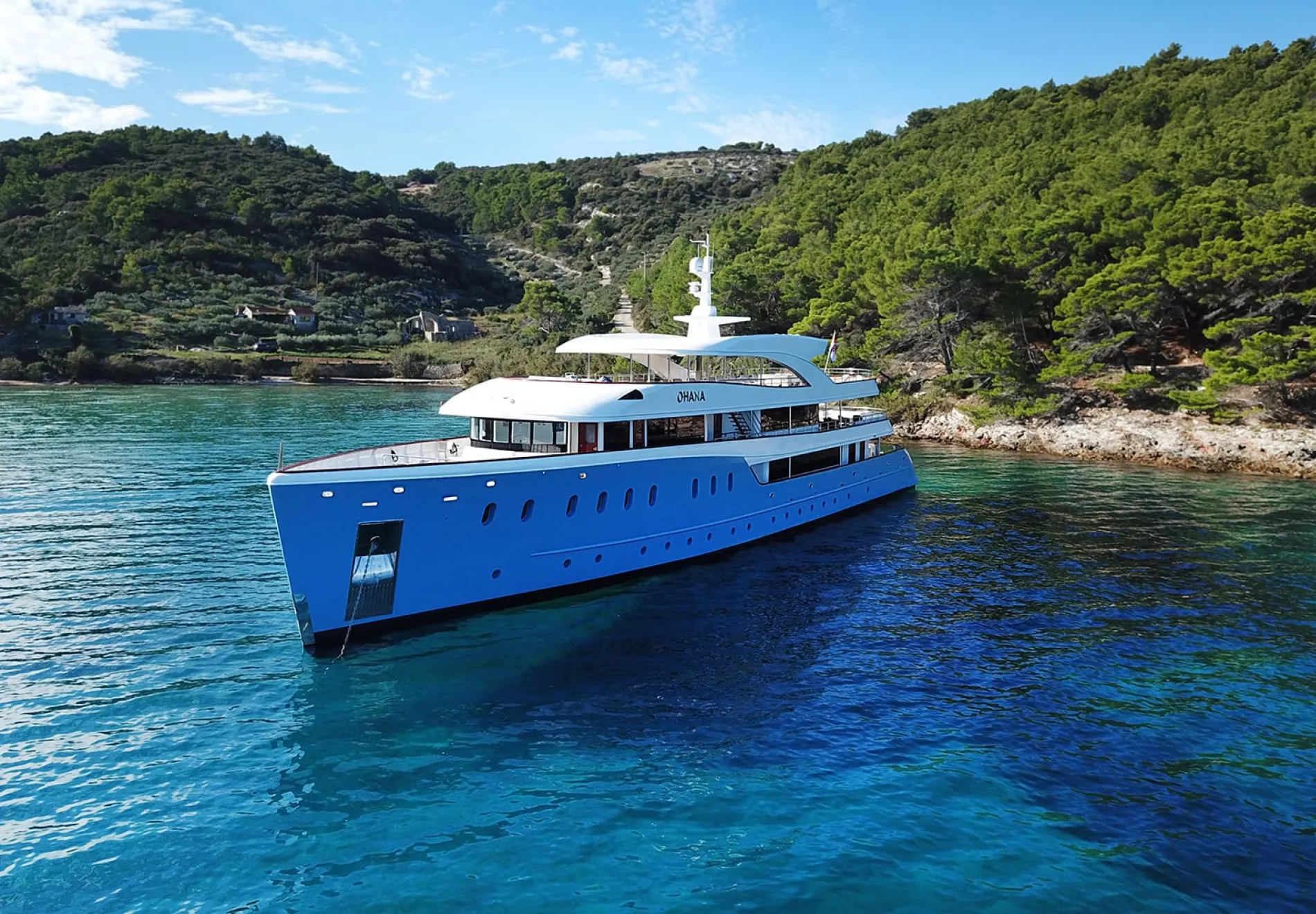
The challenge: When you are used to being in ports every night for the past ten years, it is hard to be convinced that spending the night on the anchor is something you would want to do. Sometimes, captains refuse to stay in port by default, so if this is important to you, ensure you check in advance if this will be possible on your vessel.
Food organization
Cruising: Imagine going on a “Carnival Cruise” with 30 people and telling the agency about eight people’s allergies, four do not eat shrimp, five are vegans, three are pescatarians, two will have a birthday, and there will be one wedding celebration, so a special party or menu just for this is what you would like. This would be a nightmare to organize. When you go on a cruise, you have some flexibility with what you eat, but it is limited. Yachting: When it comes to yachting, all the above requests should be taken into serious consideration (if they are communicated in advance, not when already on a cruise). Food organization is often only limited by the depth of the client’s request, and everything should be organized if asked for in advance.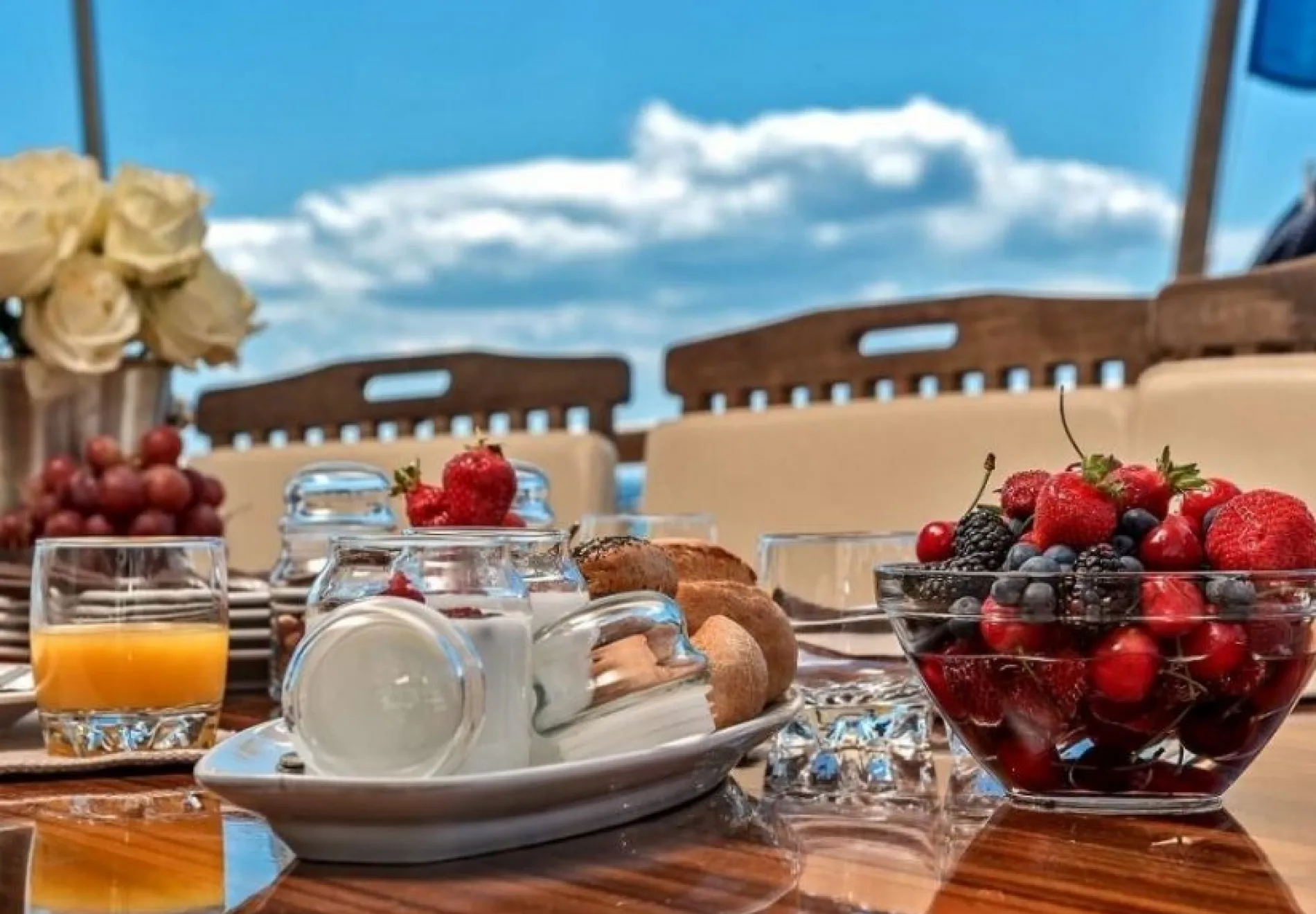
The challenge: The biggest challenge is again in mindset. On cruises, the owner usually has one or two menus to follow for the entire season, and little preparation is needed to make it happen. To be aware that every group could have different wishes and that food organization is challenging.
Your agent in yachting (charter broker) or your agent in cruising (salesperson)
Cruising: You usually book a cruise with a tour operator, and you are one of the 10.000 people they organize this for. You get nice brochures, prices, an itinerary, and some pictures of the boat. When you book, this is more or less it – any additional questions are “out of the box” and provide problems to a sales agent, as most of the time, they are not in direct contact with the crew on board. They have to ask their boss, who is incredible in mathematics and logistics, making sure the boat’s standards are followed and dealing with any issues or questions. Do not get me wrong – your cruise will be amazing, the cabins will be clean, the food will be great, and you will see great places, but if you want to have something outside the box and if your questions go beyond which extra tours you can book, then you will have a hard time getting this information. This is the same if you book one cabin or an entire ship just for your group. Yachting: Charter brokers do not sell pre-determined routes – they sell yachts. In their job description and part of their awareness, each group has wishes about the route, food, activities, special occasions, and everything in between. There is no such thing as “out of the box” questions for charter brokers, and as long as your requests are legal and logistically possible, they will be met. A good charter broker can communicate everything well with the captains and chefs and will be able to follow everything up, meaning what they promise will actually be delivered when you arrive on the yacht. There is a HUGE DIFFERENCE in planning and booking this experience when working with a charter broker compared to a sales agent.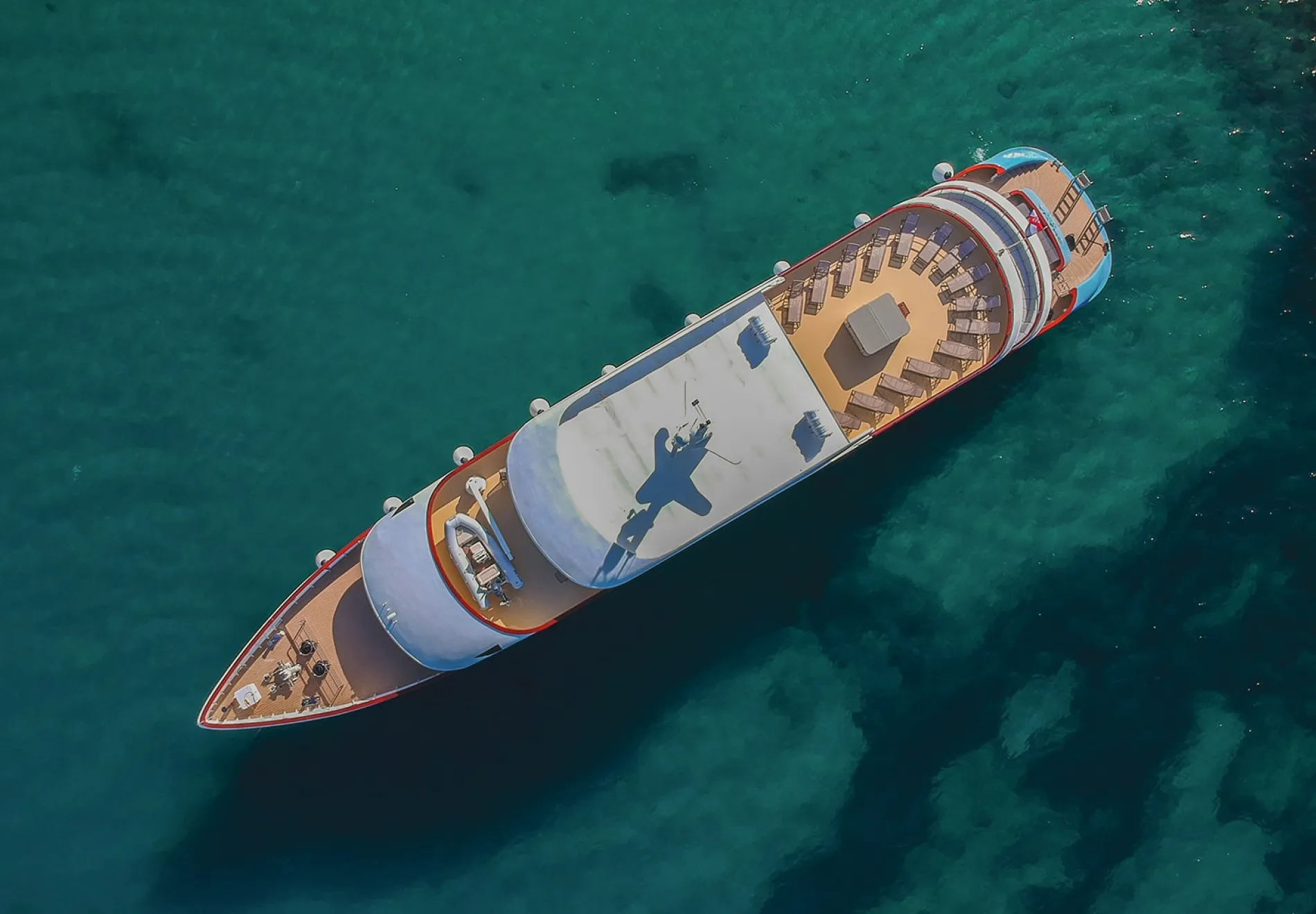
The challenge: If you book this trip with a tour operator who specializes in cruising, even with his best intentions, he lacks time (other 9.999 clients to book) and knowledge to do this, so be careful when planning. Ask lots of questions at the start and pay attention to the quality (and speed) of their answers.
If you are not 100% happy during the booking process, it can turn into a nightmare in the final preparations. If you ask an agent how they carry out finalization, and they ask you what this is, be careful.
Cruise manager versus yacht manager
Cruise manager: a representative of the agency that books the vessel for the entire season, staying on a yacht the entire time, making sure:- The crew delivers what was agreed in the contract
- Clients book as many extra trips as possible
- The communication flow between the group and crew is smooth and pleasant. They bridge the gap between the two and help the client in their wishes with route changes, additional food and drinks, or any other requests they might have. While on a cruise, this communication flow is not needed, as everything is pre-determined in advance; when you charter an entire yacht and expect some flexibility, this is extremely important.
- If the group has any wishes about on-land restaurant organization, experiencing guided tours, scuba diving, or is interested in ideas for different areas, then the yacht manager is always there to advise and assist.
- All parts of what was agreed in the finalization process (route, drinks, food, special occasions, allergies, activities) are followed, respected, and done in practice.
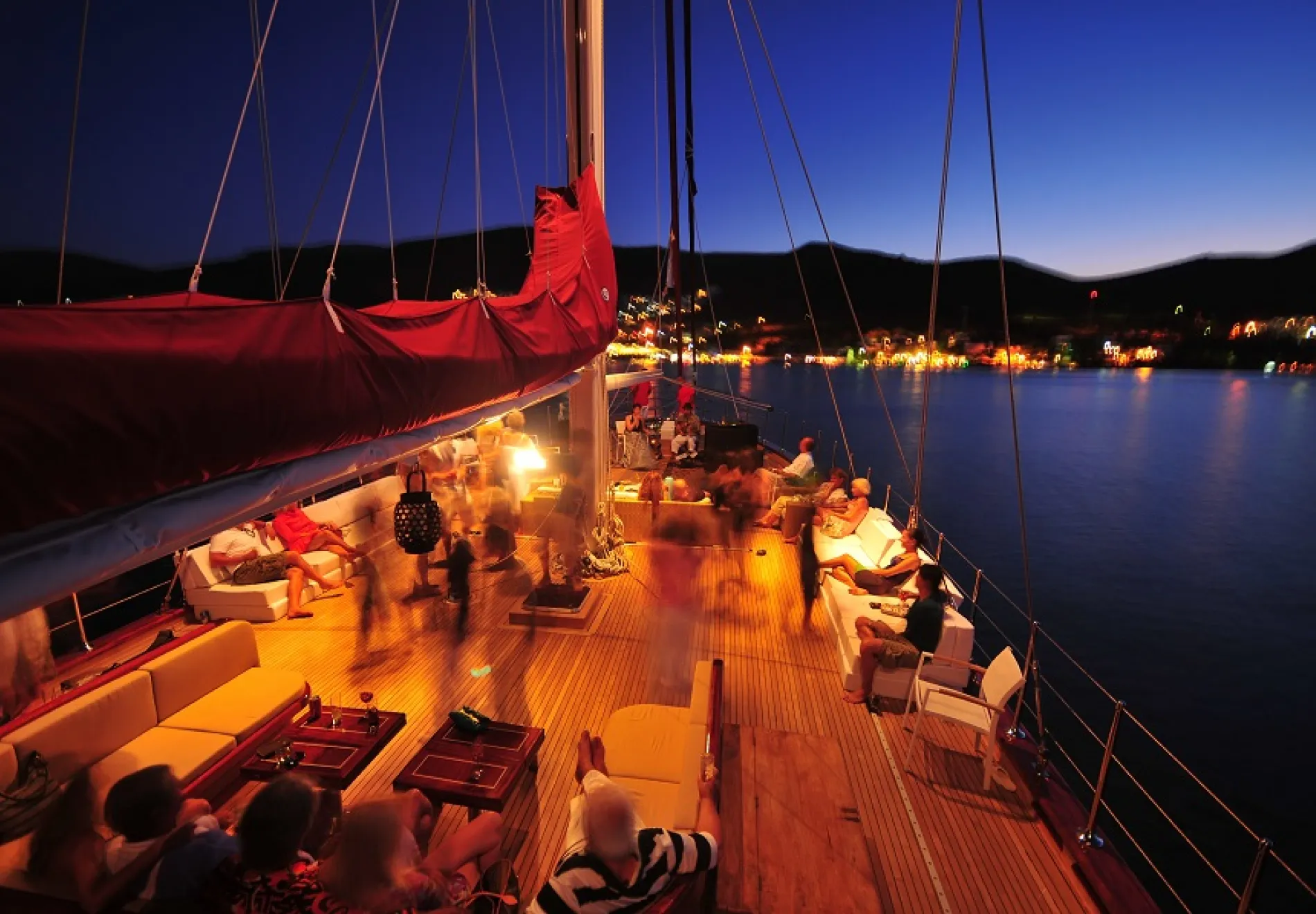
The challenge: When you have flexibility in yachting and a group of 30 or 40 people, each with their own agenda, things can get tricky. If different people pressure the crew with too many requests, they can become overwhelmed easily, especially if they are not used to it.
Most problems occur due to either bad planning before the cruise or poor communication during the cruise. So, this is the challenge we understand and pay much attention to.
Yachting versus cruising - main differences summed up
Cruising:
- Fixed itineraries and pre-determined routes
- Fixed menus
- The only option is to buy drinks from the ship’s bar
- Staying in ports most of the time
- A sales agency that does not like “out of the box” questions and often does not have direct contact with the crew and ship owner
- Cruise manager, who will, in 90% of cases, only help you if you wish to book additional land trips
- The crew with a “fixed mindset,” doing the same things all the time (same route, food, concept, and processes)
- The owner with a “fixed mindset,” who is used to performing excellently but remains inside their “comfort zone.”
- You are one of the 10.000 people who booked with this agency – you are just a number.
Yachting:
- Flexible itineraries and the possibility to plan daily
- Flexibility with menus
- Option to have all-inclusive drinks or to bring some of your own brands (drinks) with you onboard if asked in advance.
- A charter broker who is your personal assistant and understands that their main job is to answer “out of the box” questions and put everything together for you
- Yacht manager during your cruise, who will additionally help you with communication and organization, and take your holiday from good to great
- The crew that has broken free from routine and actually enjoys that every group brings a different story
- The owner, who takes it as a personal challenge to give you the best possible experience regarding your route, food, and “out of the box” wishes
- You have VIP status with your charter broker, who has only one mission: to make this the best holiday of your life and get you back next year!
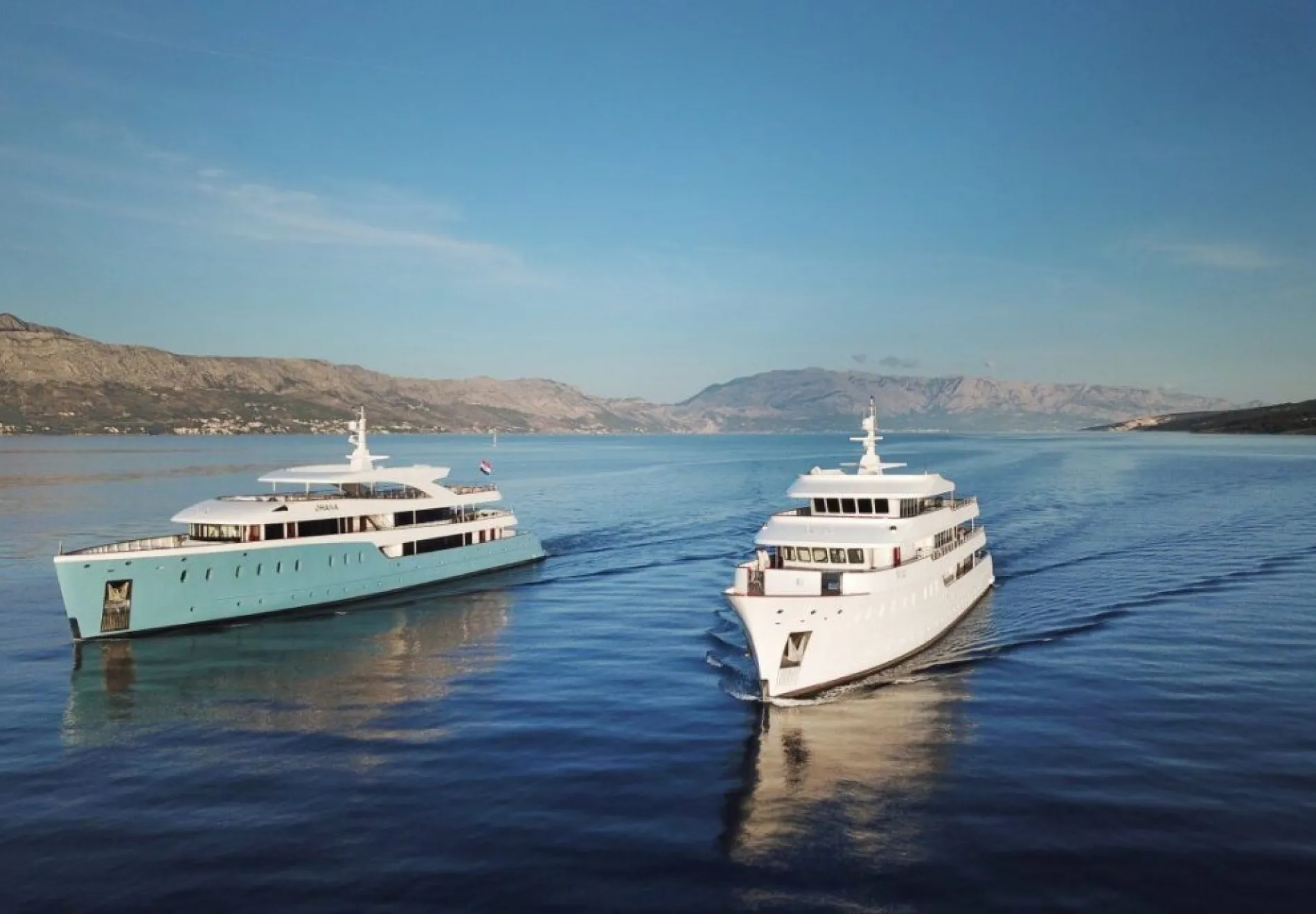
These ships are special. They have excellent accommodation standards, an experienced crew, and all the needed tools for a perfect vacation.
You just need a person who can put it all together in the best possible way on a ship, where the crew and owner understand the difference between a yachting and a cruising holiday.

When it comes to cruising, we are a “below average” agency. We have a poor understanding and little knowledge of the nuances inside different programs by different agencies.
When it comes to yachting, we are all about customer service and the human-to-human approach – and we can’t wait to do our best in helping you plan this out.
Mitja Mirtič
Goolets blog
Yachting Insights & Inspiration
Our passion for yachting extends beyond our fleet. The Goolets Blog is our journal of expertise, where we share insider knowledge, travel inspiration, and expert advice to help you dream and plan the perfect charter holiday. Dive deeper into the world of luxury yachting.
Yours
View all blogs


